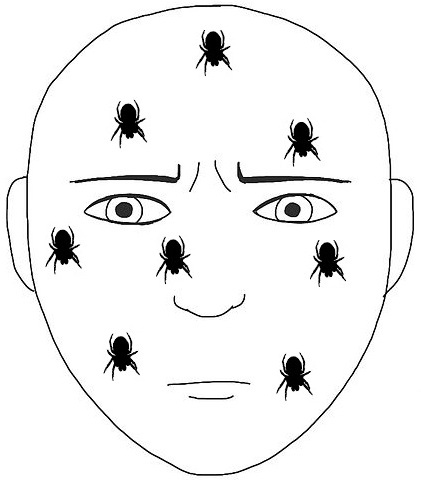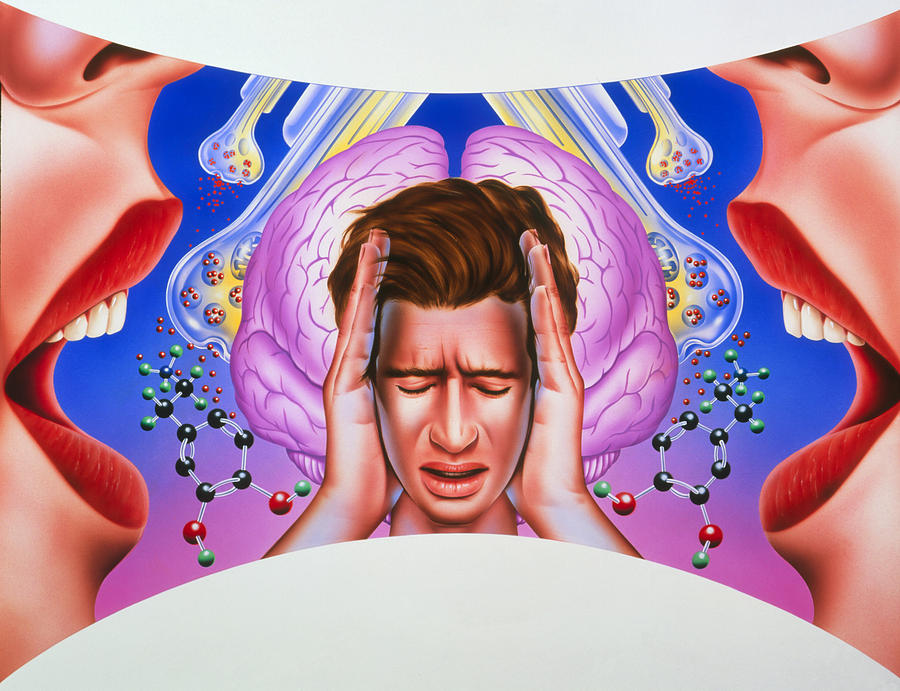

Our treatment team helps clients replace unhealthy coping mechanisms like alcohol or marijuana use with new strategies to stay healthy like hobbies, skill-based activities, creative expression, and social activities in the community. It's not just about "giving things up." We focus on helping clients add meaning to their lives by cultivating new skills, interests and relationships.
Hallucination schizophrenia how to#
And they receive unique education and support on how to manage both the symptoms of their thought disorder as well as the cravings and triggers of a substance use disorder. Clients receive specialized psychiatric care focused on their psychosis, but also participate in one-on-one and group therapy focused on preventing relapse and maintaining sobriety.Ĭlients have access to 12-step programs on campus and in the community. Schizophrenia and Alcohol or Substance Useįor adults with a thought disorder like schizophrenia as well as an alcohol use, substance use, or addiction problem, Skyland Trail offers a dual diagnosis treatment program. Some clients may receive additional assignments as “homework” to complete on their own time.
Hallucination schizophrenia software#
As clients progress, the software adapts to their new skill level so that they are always at the right level to continue making improvements. Counselors can customize settings for each client to maximize their engagement and benefit. Results are especially promising when cognitive training is started early in the course of a person’s mental illness, making it particularly important for first episode psychosis and young adults who are newly diagnosed.Ĭognitive training groups meet weekly in our computer lab and are supervised by a counselor. Today, research shows that in concert with therapy and medications, brain training through cognitive enhancement therapy may be effective not only in stopping cognitive decline, but even in reversing it in some situations. Until recently, experts thought this type of cognitive decline was irreversible in certain situations. Thought disorders also can impact a person’s social cognition – or “people skills” – including the ability to read nonverbal social cues like facial expressions or body language, or to see a situation from another person’s point of view. Over time, untreated mental illnesses can lead to long-term cognitive impairment – a loss of thinking and processing skills including memory, attention, problem-solving ability, and intelligence. Cognitive training is a computer-based cognitive rehabilitation training program for adults with memory, processing speed, or executive planning deficits related to untreated mental illnesses.
Treatment of Schizophrenia and Psychosis with Cognitive TrainingĪll Skyland Trail clients with psychosis participate in cognitive training. Many therapeutic goals are focused on family roles. Through individual and group therapy sessions, clients work to take responsibility for their problems, learn new coping skills and develop greater confidence in moving toward adulthood. They help clients understand and reduce symptoms, express their thoughts and feelings in healthy ways, practice independent living skills (including medication adherence) and find effective ways to interact with peers and build relationships.

Our psychiatrists, therapists and counselors who lead the cognition and first episode community have the specialized skills needed to connect with young adults and get them talking. Not a "one-size-fits-all" program, Skyland Trail matches each client with a specialized team of experts and a structured daily schedule of therapeutic activities to address the client's specific challenges and goals. Young adults with schizophrenia, schizoaffective disorder, or a mood disorder with psychosis likely will be a part of our cognition and first episode recovery community. Cognition and First Episode for Schizophrenia and Psychosis


 0 kommentar(er)
0 kommentar(er)
